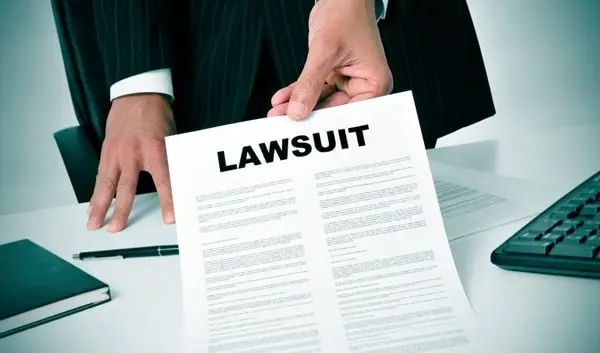Aurous, once dubbed the “Popcorn Time for music,” sparked significant legal controversy shortly after its release in 2015. The music streaming platform, created by Andrew Sampson, allowed users to stream and download music from various sources, including many that offered pirated content. Within days of its launch, Aurous faced a formidable legal challenge from the Recording Industry Association of America (RIAA), representing major music labels like Sony Music, Universal Music Group, and Warner Music. This lawsuit, which culminated in a $3 million settlement, set an important precedent in the ongoing struggle against digital music piracy.
The Creation of Aurous
Aurous was envisioned as a free, decentralized music player that could aggregate content from numerous sources without hosting the music itself. The platform provided an interface where users could stream music from third-party services like YouTube and SoundCloud. However, many of the sources Aurous tapped into offered copyrighted material without proper licensing, making it a prime target for the RIAA.
Aurous was not alone in its endeavor. Similar services like Grooveshark, Limewire, and Popcorn Time had faced legal actions for offering content without licensing agreements. The music industry, still grappling with the financial impact of piracy, viewed Aurous as another threat to its revenue and to artists’ intellectual property rights.
The Legal Battle: RIAA vs. Aurous
Just three days after Aurous’ launch in October 2015, the RIAA filed a lawsuit against the platform, alleging “willful and egregious” copyright infringement. The major labels accused Aurous of using a business model that relied on pirated content, comparing it to previous services like Limewire and Grooveshark, both of which had been shut down following legal actions. According to the RIAA, Aurous not only facilitated piracy but actively encouraged it by allowing users to access music without paying or adhering to copyright laws.
Despite the lawsuit, Aurous initially remained defiant. Sampson tweeted statements downplaying the legal threats, claiming that the platform had no monetization model and, therefore, no financial damage to record labels. However, these arguments failed to convince the court. A temporary restraining order was soon issued, halting Aurous’ operations as the case progressed through the legal system.
The Settlement
By December 2015, the legal battle reached a settlement. Aurous agreed to pay $3 million to the record labels in damages and shut down its operations permanently. The settlement also included a permanent injunction preventing Aurous or its creators from engaging in any similar infringing activities in the future. Aurous was required to transfer all intellectual property to the music labels, effectively putting an end to the platform’s short-lived existence.
The settlement marked a victory for the RIAA and the music industry, sending a clear message to developers and entrepreneurs looking to skirt copyright laws through decentralized or unlicensed streaming platforms. The case underscored the industry’s persistence in tackling piracy and defending intellectual property rights, even as new technologies make it easier for users to access content outside of traditional distribution channels.
Broader Implications for Music Piracy
The Aurous case is part of a broader struggle between the music industry and digital piracy. While platforms like Spotify and Apple Music have emerged as legitimate, licensed alternatives for music streaming, piracy remains a challenge. The Aurous lawsuit demonstrates the music industry’s continued willingness to pursue legal action against unlicensed services, even those that may not have direct monetization models.
It also highlighted the complexities of modern copyright law in the digital age. Aurous, like other platforms before it, operated in a legal gray area by not hosting the music files itself but simply providing access to them. However, courts have increasingly held such services accountable for enabling copyright infringement, setting important precedents for future cases involving digital piracy.
Conclusion
The lawsuit against Aurous serves as a reminder of the music industry’s ongoing efforts to protect artists and intellectual property from piracy. While Aurous offered a glimpse into the future of decentralized streaming platforms, its reliance on unlicensed content ultimately led to its downfall. The $3 million settlement and permanent shutdown of the service marked a significant victory for the RIAA and reinforced the notion that digital piracy will continue to face stiff legal challenges. As the digital landscape evolves, cases like Aurous will likely influence future legal battles over copyright infringement and content distribution in the music industry.


